The idea of music for the people, music for the masses, was expressed very powerfully recently by two completely different musicians.
First, there’s Jen Mulhern, a Texas-born cellist who uses music as her primary way of communicating with others.
Jen Mulhern was immediately drawn to the range of the cello. It was love at first note with the soulful and versatile sound.
The 35-year-old San Antonio native uses the string instrument to communicate with others.
“I don’t speak any other languages fluently,” she said. “It’s a way for me to express myself the way words cannot.”
The Austin-based musician has traveled to Europe and Canada. And on Saturday, the cellist will play with the Victoria Symphony Orchestra in the opening concert of the season -“Dvorak’s New World.”
Mulhern has a special connection with the acclaimed piece, because she played it during a friend’s funeral…
See for the full article – Austin-based cellist brings edge to classical music
From all the way on the other side of world, these feelings about music are reciprocated. Aban Zirikly, a Syrian-born violinist shares his thoughts on who music belongs to.
Classical music is supposed to be for an elevated class of people, the highly educated, highly intelligent and wealthy. At least that’s the prevailing myth around the United States and even around the rest of the world, but Aban Zirikly, a highly accomplished violinist from Damascus, Syria, says it doesn’t have to be that way.
“I think there are a lot of clichés and myths about classical music,” Zirikly said, including the myth that the music “doesn’t belong to us ordinary people.”
Zirikly, 60, who moved from his native Syria to Cape Elizabeth in May, was scheduled to lead an informal discussion on this topic Thursday, Sept. 13 at Thomas Memorial Library in Cape Elizabeth. He will also perform select pieces on the violin. Children’s Librarian Rachel Davis organized the discussion.
Even the composers with instantly recognizable names who are considered cultural titans, “half-gods” in Zirikly’s words, were human too. Beethoven, Mozart and Bach weren’t perfect, and their human characteristics and failures motivated their work.
Beethoven liked to drink a lot of wine, Zirikly noted, and the famous German composer could sometimes be lewd and vulgar…
See the full article – Violinist: music belongs to the ‘ordinary people’
Here at String Visions we place great importance on making music accessible. One of the ways we like to do this is by giving you, our readers a chance to explore the minds of great musicians through exclusive interviews.
This week and next week we have a very special four-part series revolving around the work of acclaimed composer and Ovation Press editor Helmut Lipsky. This week we feature a two-part interview with Mr. Lipsky himself, and next week we have a special two-part interview with Duo Philia, a rising violin duo from Montreal, Canada that has recorded several of Mr. Lipsky’s scores.
Other stories from the classical music world
- Mozart made a “historically informed” appearance recently at the San Francisco Conservatory of Music with the fortepiano, cello, violin, and viola. Many of the works featured were mature compositions from Mozart’s body of chamber literature.
- I recently came across a website with lots of valuable resources for learning music. Check out Theta Music Trainer.
- Actor Christopher Walken has decided to try his hand at the world of classical music in Yaron Zilberman’s film A Late Quartet. The story revolves around the drama inside a classical string quartet and is a rare case of film “illuminating the world of high art.”
- Composer and professor at University of Arizona Daniel Asia recently wrote a piece in the Huffington Post about how classical music resembles a prayer. Asia writes: “Music is one of the most direct means of approaching the universe on this basis. It, like prayer, leads us directly through and beyond our logical processes, to an encounter with the ineffable.”
Here is one of Professor Asia’s compositions below. What do you think? Do you experience something greater when you listen to it?




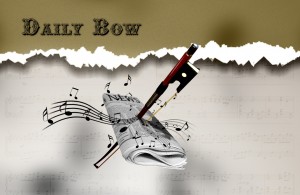
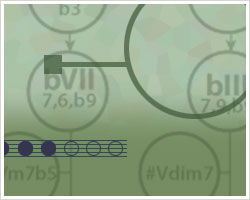
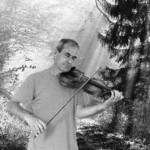
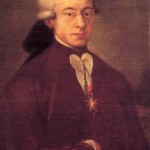

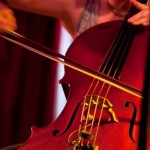










good vibe